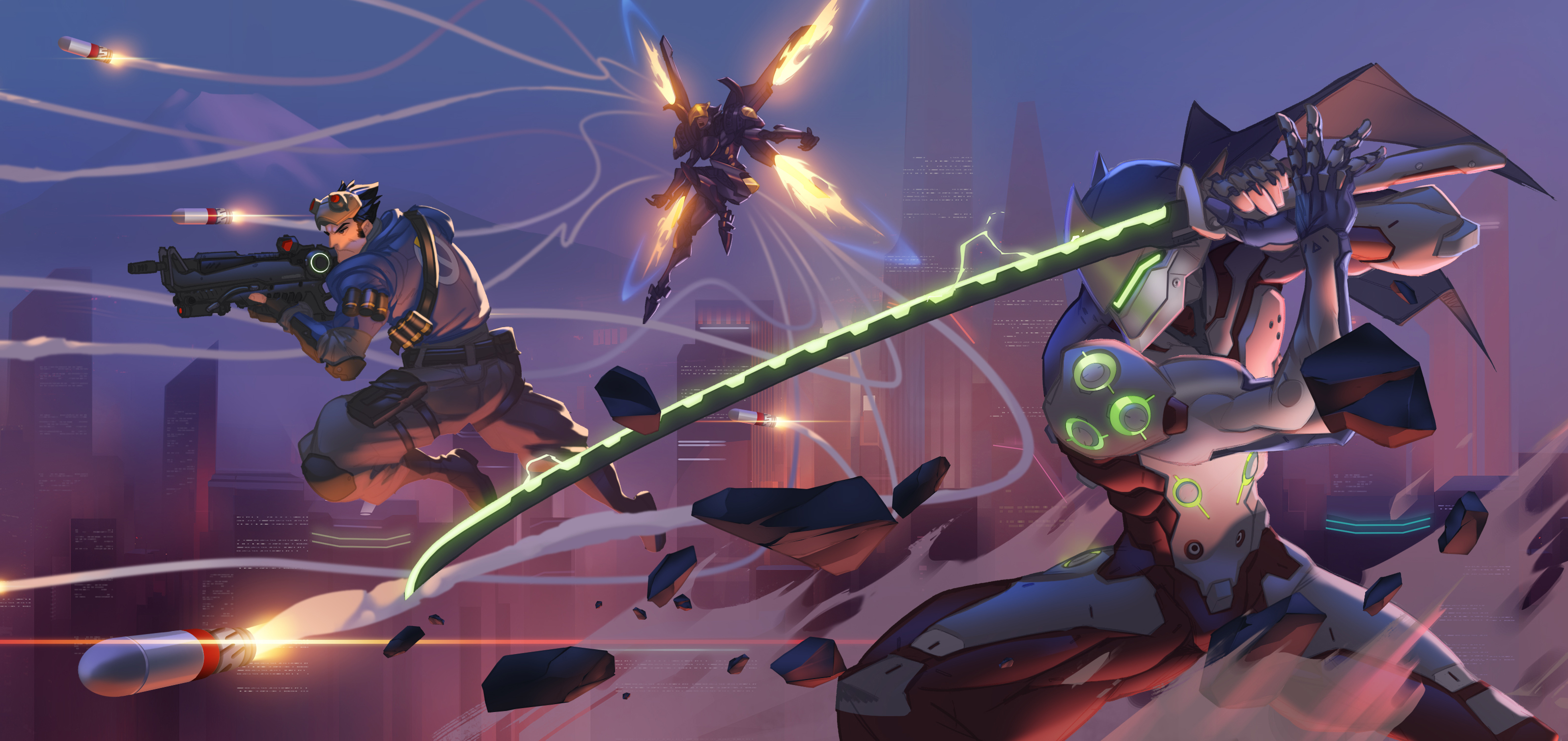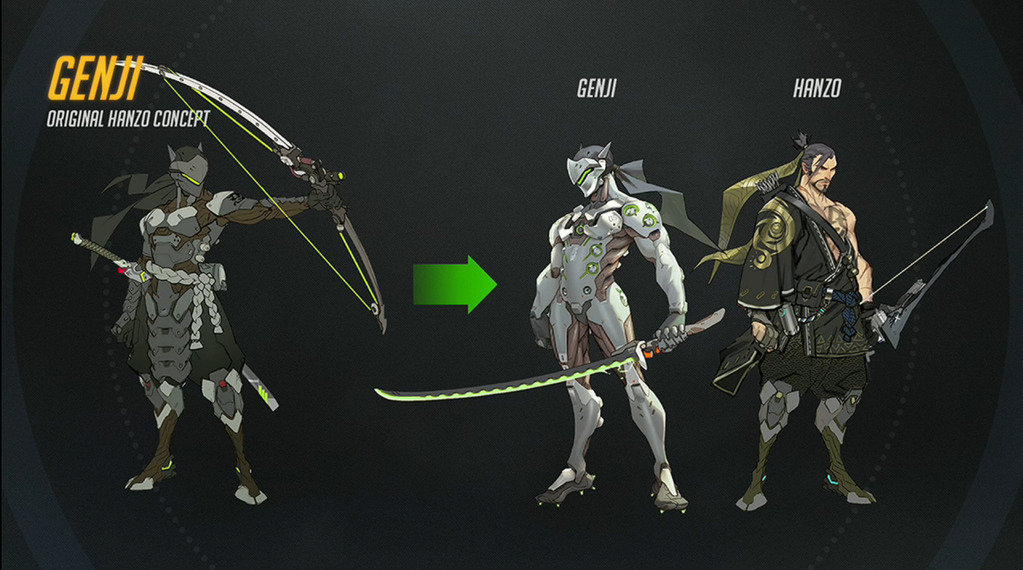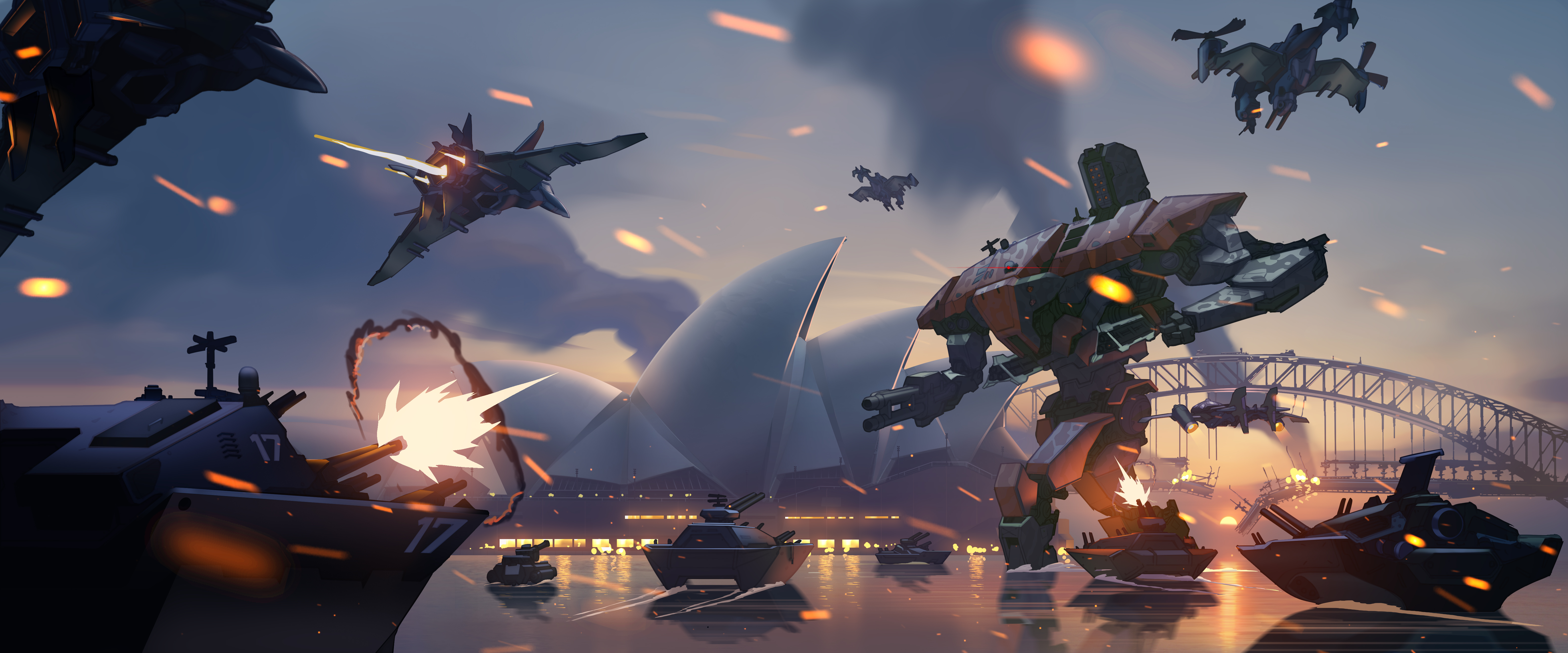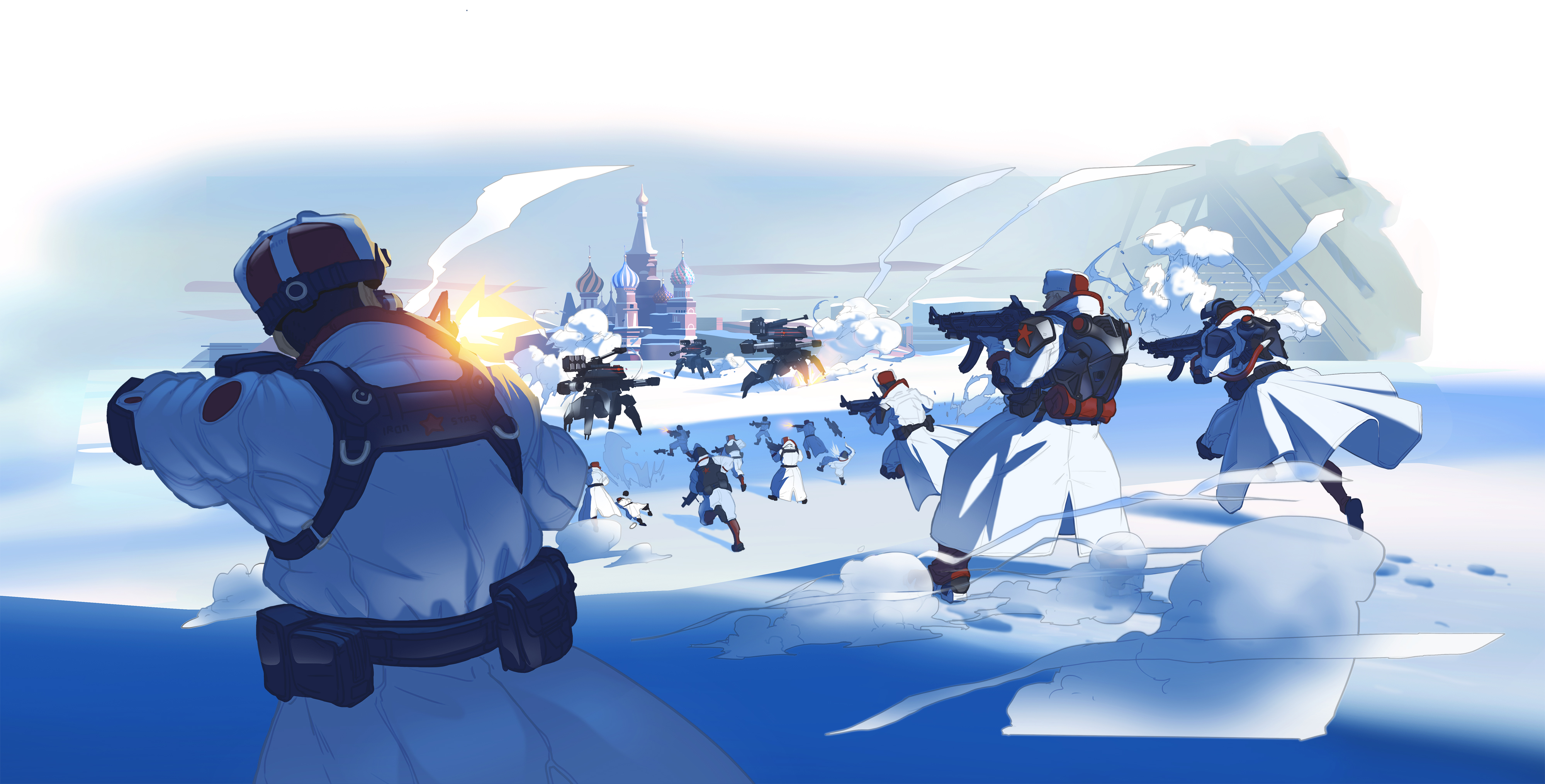
PCG: How much are you going to be looking at what the community gets excited about? Like, if the community got really excited about Doomfist's gauntlet, would you try to make him more of a character? Or do you think you have an idea and you're going with it?
Metzen: I think it's always a little bit of both. I think we know what we like. We know what we want to chase. And even on a dev team, it's not like we always agree sort of like, “Oh, we should do this next,” and the guy down the hall is like, “Ah, I don’t like that one, I want to do this one.” So you're kind of always jamming and moving in real time and taking the temperature of where people are at. And I think part of that, very naturally, is—sure, we're looking at the Reddits. We're looking where people are having Overwatch discussions, and things that are turning them on sometimes surprise us. “Really, they love that? Holy cow, I wouldn't have thought of that.”
But it absolutely factors into our thinking, and when and where those things that people are turned on by line up with things that we're kind of already thinking or instincts we have, then sure, I think we're all ears. And we can be because we've allowed ourselves maximum freedom. We can kind of pivot on a dime, and stop, and look at newer ideas as they lie on the ground. I think this freedom and keeping it light allows for that.
We're certainly not planning on all of [the backstories] to directly link to the ultimate Overwatch franchise story. Not all of them do, and not all of them should.
PCG: The Hanzo and Genji storyline is almost completely separate from the Overwatch world, up until Genji is saved by them. Do you plan on doing more characters like that, where they’re just doing their own thing and only slightly touching on Overwatch’s larger story?

Click the arrows to expand.
Genji and Hanzo initially began as a single character, but were quickly split in two.
Metzen: I think it depends on the characters and the story itself. Like that one with Genji and Hanzo we had pretty early on, or an instinct of where we wanted to go pretty early on, just based on the character art and our daydreaming about those two in particular. But yeah, I think if the characters call for it, we have certain kind of relationship dynamics that could bubble up. There's a lot of history between 76 and Reaper, it's a little more foreground than the two ninjas. But I think we want to chase those when we see them—points of connection that birth a lot of cool story. Whether it feels like it's foreground or not, the story's the story, and I think we always want to stay open to those types of things. It doesn't always have to tie into the core franchise movement of the Overwatch group or not, but it's cool and we can make those connections happen as well.
Chu: I think also with us starting out and developing this new world, one of the things we want to do is put a lot of tools in our toolbox, a lot of cool stories there that we can start to use. An example just came to mind is when we first came up with a story for Symmetra, the whole idea of the Vishkar Corporation and everything. At the time, it wasn't super related to Overwatch or other world things. But then when we started developing Lucio, we saw a really good opportunity to leverage that story, and then both those stories connected, and then Symmetra's background expanded because of that. So that's a lot of the organic process that we're going with.

PC Gamer: Why did you choose to set Overwatch at this point in the world’s story? Why not during the Omnic Crisis or while the Overwatch organization was still a booming organization?
Keep up to date with the most important stories and the best deals, as picked by the PC Gamer team.
Metzen: That's almost hard to answer. I think some of it was that it just felt right. It felt ‘right-er’, you know? We kind of had a sense of the Omnic Crisis, of a world that had a lot of history behind it, but it was almost like a flight of fancy—almost whimsy—to make the decision. Let's set it in an era in honor of all this history that's as open-ended as possible. There's kind of like three distinct phases; the old history—the Omnic Crisis era—then there's this golden era where Overwatch is at its height as a global power, and then there's the 'now.' And what's interesting about the 'now' is that it's informed by all this history, but allows us maximum freedom to create new heroes, bad guys, young heroes that were never part of Overwatch but are nonetheless inspired by its traditions. It just allows us maximum flexibility to create any kind of heroes we want and then creatively weave them into this larger tapestry. So I think the choice ultimately revolved around that, just creating a window of maximum freedom for us as creative folks.
PCG: Do you ever see yourself going back and doing gameplay-related things set in the Omnic crisis or set in that golden age?
Metzen: I think that would be telling. That sounds super fun, and so perhaps. Perhaps one day.
Chu: I think one thing we are doing though is echoing back to a lot of the ideas and the themes of historical events. You can see it on a lot of our maps, and also a lot of our heroes are very informed by stuff that happened in those previous eras.

PCG: So does that mean we're going to see similarly big, world changing events in the 'now' era over the course of Overwatch's life as a game?
Metzen: It's hard to say relative to the game. We talked a little bit about that at the [BlizzCon ‘World of Overwatch’ panel] in terms of: "Will maps change over time? Will world conditions change over time? And if so, how do we accomplish that, given that it's kind of more of a static shooter in its purest sense." We talk about those types of things a lot, just in terms of daydreaming about it and "wouldn't that be cool?" I don’t think we have much to really talk about at this time, but we would like the universe of Overwatch to feel like it moves forward over time, certainly.
We would like the universe of Overwatch to feel like it moves forward over time ... In many ways, we're just getting started.
And in a roundabout way of answering that, we've said many times—this first game is really just the first shot in what we hope is a long, rich world journey that could be encompassed by many different products. Obviously many different fictional expressions. In many ways, we're just getting started. So when we think about Overwatch as a big universe, as a big living idea, it's not necessarily—as we look down the line of years—encapsulated only by this game expression. Of course, I want to say we have nothing to announce or anything remotely like that, but we just see this as the first step in a much larger world.
PCG: So Overwatch 2 through 5 confirmed, is that what I'm hearing?
Metzen: [Laughs] Yeah, uh, no comment.


